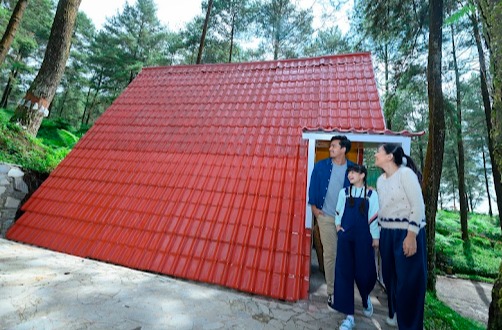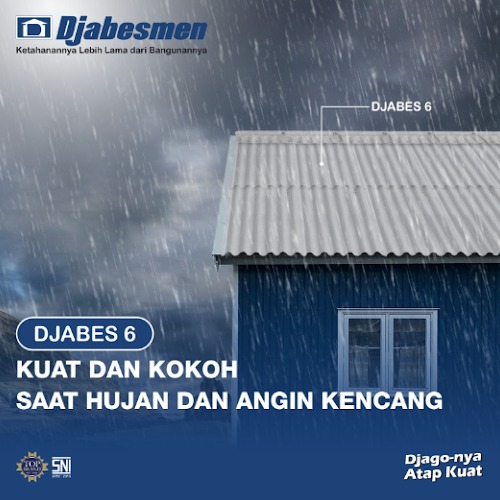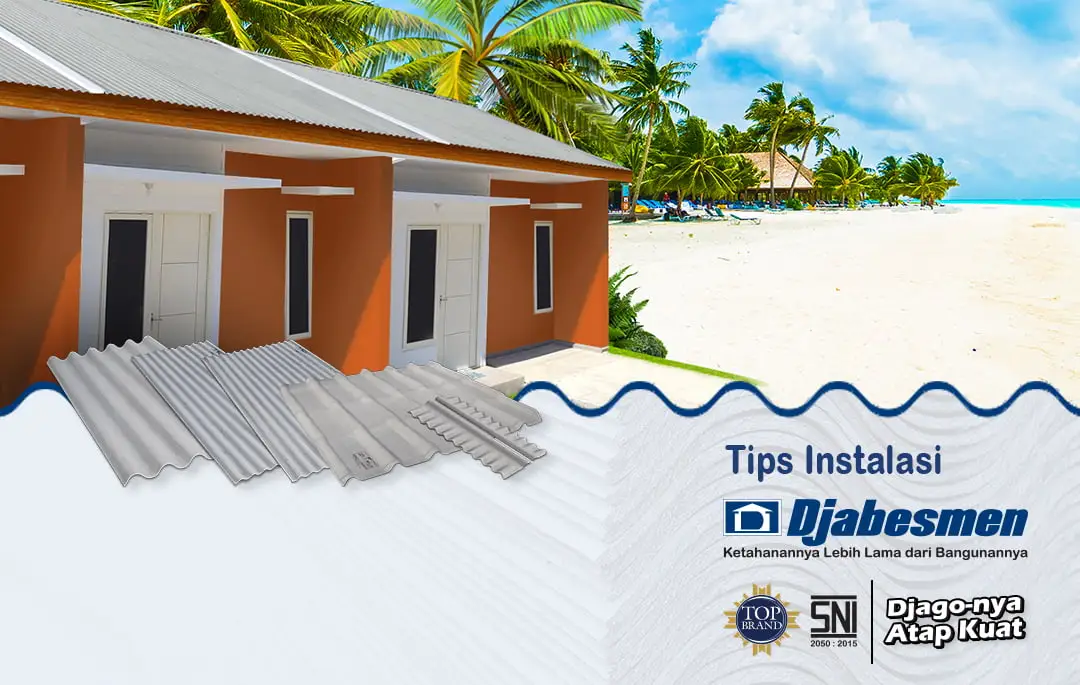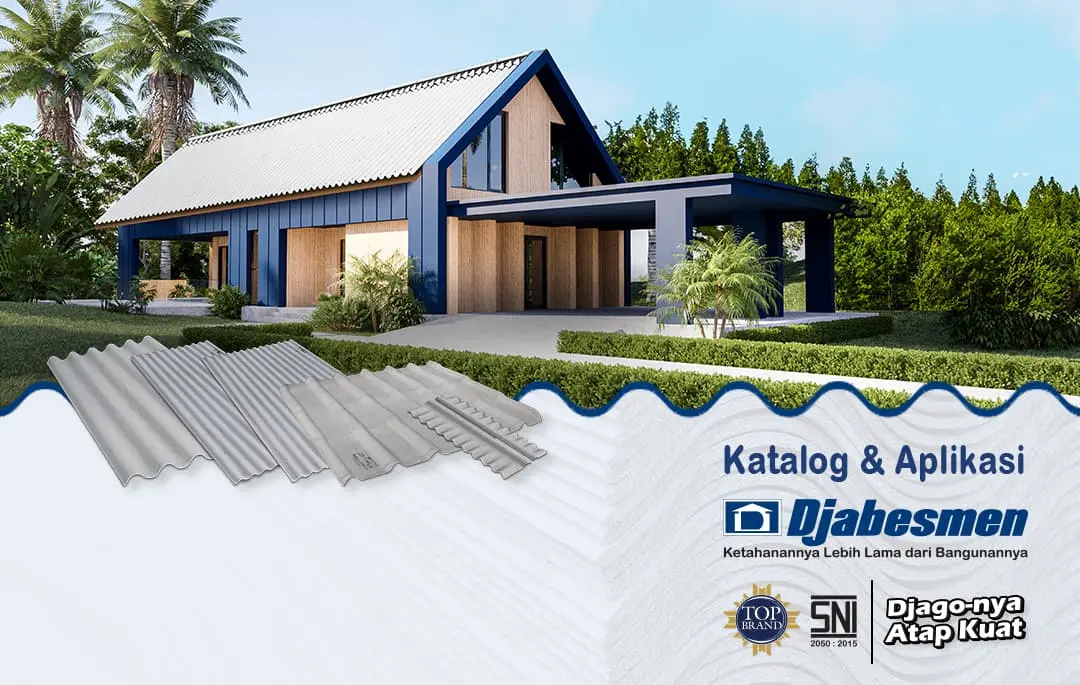Guide to Choosing Pest-Resistant Roofing
.png)
The strength of a roof dramatically depends on the type of roofing material chosen. Given its crucial role in shielding a building from the scorching sun, rain, and dust or dirt that could potentially infiltrate the interior, selecting the suitable roofing material is paramount.
One of the leading causes of roof damage is pest infestation, such as termites, wood fungi, and other destructive insects that can compromise the integrity and longevity of the roof.
It is essential to understand what types of roofing are resistant to pests and how to protect them for prolonged durability to tackle this issue.
Types of Durable and Pest-Resistant Roofing
Generally, a roof shields against the sun’s heat and weather fluctuations, meaning a faulty roof can significantly disrupt our daily lives at home.
This underscores the importance of being well-informed about the types of robust and secure roofing for long-term use while also being resilient against pest attacks. Let’s explore this further.
- Clay Tile Roof
Clay tile roofing is one of the most commonly used types of roofs. This is due to its affordability, easy availability, and resistance to pest attacks. Furthermore, the durability of this type of roof is beyond doubt.
With its diverse shapes, this roof remains robust even when subjected to frequent foot traffic or heavy objects. Another factor to consider is that clay tile roofs can provide a cooling effect in the house. However, behind its advantages, this roof is susceptible to moss growth, and its color may fade quickly.
- Concrete Tile Roof
Concrete roof tiles are also a type of roof that is resistant to pest attacks. In addition, thanks to its elegant appearance, this type of roof is suitable for minimalist concept homes.
Usually, concrete roof tiles are available in various shapes and sizes, ranging from wavy to flat, and come in multiple colors. With its attractive appearance, you can customize it to match your home’s concept.
- Metal Roof
Roofs made of steel or metal are also strong and durable compared to other types of roofs. Besides being known for its lighter weight, this type of roof is also rust-resistant, fracture-resistant, and fire-resistant.
Metal roofing types also contain zinc, aluminum, and anti-rust coatings. This makes metal roofs highly durable and resistant to noise.
- Ceramic Tile Roof
Next is the ceramic tile roof made from clay and coated with glaze paint. The advantage of this pest-resistant roof also lies in its high resistance to all weather conditions, intense impacts, and wind.
However, ceramic tiles have disadvantages, such as their expensive cost, less impact resistance, and relatively complicated installation process. Nevertheless, ceramic roofs are still recommended due to their beautiful and glossy appearance.
- Skylight Glass Roof
Glass skylight roofs are also a type of roof that is pest-resistant and sturdy. Therefore, they are more long-lasting in terms of use.
In addition to their sturdiness, glass roofs can emit natural light, allowing you to save electricity at home. Another advantage of this roof is that it enhances air ventilation, promoting smoother air circulation within the house.
How to Keep Roof Frames Termite-Free
Source: https://www.pexels.com/photo/gray-steel-sheet-48895/
In addition to roof choices, the roof frame needs attention to remain free from attacks. To prevent termite infestations, you must take several steps to ensure that termites do not invade and damage the roof.
So, what steps should be taken to make the roof frame pest-resistant? Here are some methods you can implement.
- Use High-Quality Timber for the Frame
It is advisable not to compromise on the wood quality, as the quality can determine how long the wood in the roof frame will last.
As a reference for a termite-resistant roof, you should choose high-quality wood. This will make it less susceptible to fungi, termites, or other pest disturbances.
Because the roof frame is out of our immediate reach, dealing with pest attacks will require more time and effort. Moreover, if we cannot address the issue ourselves, it may take a long time to completely resolve the roof problem.
- Regular Monitoring
An essential practice is to regularly monitor the roof frame, ensuring that the roof’s quality is well-maintained. This monitoring can be conducted while routinely cleaning the roof frame from dust and debris.
Although monitoring alone may not make the roof frame more durable, it helps us detect any issues with the roof early on.
- Apply Wood Preservatives
Another way to ensure a long-lasting roof is by applying wood preservatives or wood preservation treatment to the timber used for the roof frame.
Wood preservation treatment aims to protect the wood with anti-insect agents using specific materials. The application process is straightforward – ensure that the treatment penetrates the wood.
This method will discourage termites and fungi from approaching the wood treated with preservatives. Even if pests or insects still come into contact with the wood, they will die due to the toxic properties of the treatment.
To ensure proper application techniques, here are some methods you can use when applying wood preservation treatment.
- Brushing Method
The first technique involves a simple process: applying termite solution onto the wooden frame installed on the roof. After the application process is complete, allow it to dry thoroughly.
Given that this method is manual, it’s not surprising that the absorption time for the solution might take longer.
- Soaking Method
Soaking could be an option if you’re looking for an alternative method. However, ensure the wood is thoroughly washed, allowing the anti-termite solution to penetrate deeply into the wood layers.
Generally, this method will take more time compared to the previous one. However, this method’s absorption results are considered far superior to the brushing method.
- Vacuum Method
Lastly, there’s the vacuum method, which can only be performed using specialized machinery. Typically, this method is carried out by large woodworking companies or wood suppliers.
This method is indeed one of the most effective, as the anti-termite solution can penetrate more thoroughly into the wood, reaching the desired depths.
Choosing roof type and anti-termite solutions will significantly create a pest-resistant roof frame. Therefore, select the appropriate roof type and anti-termite product to ensure your roof frame is well-protected.
In addition to choosing the right roof type and anti-termite product, consider the application method. Use the best way suits your needs and abilities to achieve the desired results.

Djabesmen Regains Top Brand No.1 Award for the Tenth Time
Djabesmen Won Top Brand Award
Read Post arrow_right_alt
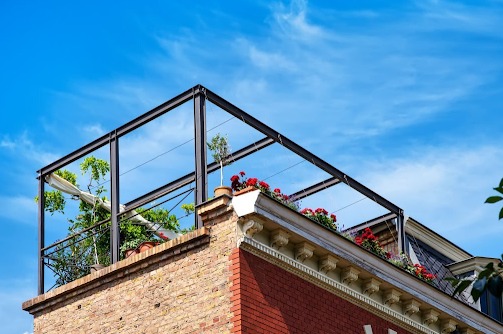
Tips for Creating a Rooftop Garden
Planning to create a rooftop garden? Discover these valuable tips to elevate its charm and allure!
Read Post arrow_right_alt
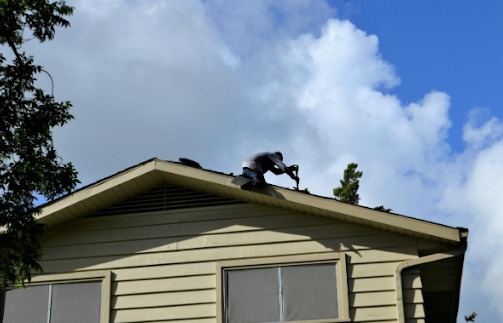
Roof Repair Solutions for Urgent Situations
Here are some tips and emergency roof repair techniques that you can implement in critical conditions.
Read Post arrow_right_alt
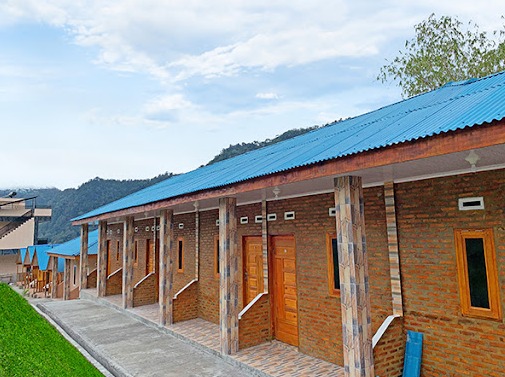
Here are the Reasons Why Roofs Are Made with Corrugations
Why are roofs made with corrugations? Learn about its rationale and various benefits!
Read Post arrow_right_alt

